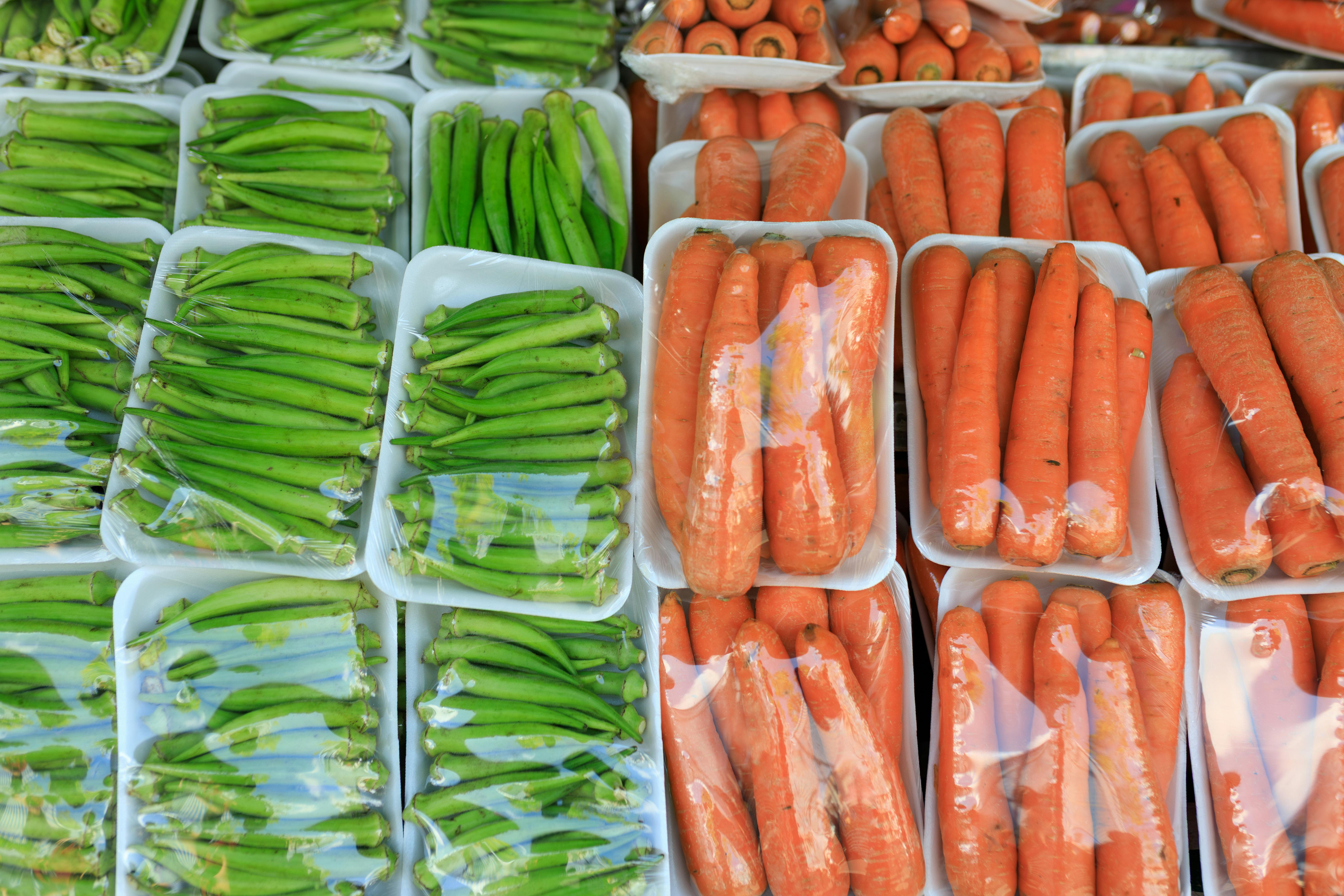Effective Ways to Optimize Your 17 Day Diet for Real Results in 2025
The 17 Day Diet is more than just a weight loss plan; it’s a comprehensive lifestyle change aimed at improving your health and enhancing your well-being. Emphasizing a balanced diet and regular exercise, this diet offers a structured approach to weight management through its unique phases. This article explores effective ways to optimize your 17 Day Diet for real results in 2025, with a focus on meal planning, exercise routines, and sustainable weight loss strategies.
With obesity on the rise, many people are looking for effective weight loss solutions that promote healthy eating habits and energy balance. The 17 Day Diet not only helps you shed pounds but also encourages self-discipline and mindful eating. As you read through, expect to find valuable insights into meal prep strategies, workout schedules, and motivation techniques to keep you on track.
As you delve into this guide, prepare to discover practical tips such as the importance of hydration, portion sizes, and smart snack options. You'll also find suggestions for healthy recipes that align with your weight loss goals. Let's embark on your weight loss journey and transform your lifestyle by optimizing your approach to the 17 Day Diet.
Essential Strategies to Boost Your Metabolism on the 17 Day Diet
Building on the fundamentals of the 17 Day Diet, it’s essential to focus on strategies that optimize your metabolism. Metabolism is a crucial factor in weight loss as it determines how efficiently your body burns calories. Here, we’ll explore techniques to boost your metabolic rate, ensuring you maximize your weight loss efforts during this diet.
Understanding Calorie Control
Calorie control is pivotal in the 17 Day Diet. Understanding the concept of calories in vs. calories out can help you achieve successful weight loss. Eating fewer calories than your body needs leads to weight loss, but it’s crucial to ensure a balanced nutrition intake. Keep track of your daily caloric intake and adjust based on your activity level and weight loss goals.
Implementing Carbohydrate Cycling
Carbohydrate cycling can be an effective technique during your diet. This involves varying your carb intake on different days to enhance fat loss while maintaining muscle mass. On high-energy workout days, increase your carbohydrate intake for energy, and reduce it on rest days to optimize fat burning.
Incorporating Healthy Fats and Protein Intake
Healthy fats and proteins play a vital role in maintaining satiety and muscle mass during your diet. Include sources of lean protein, such as chicken, fish, or legumes, in each meal to promote muscle repair and keep you feeling full. Additionally, adding healthy fats, like avocados or nuts, can help with nutrient absorption and overall health.
Creating a Sustainable Meal Plan for the 17 Day Diet
With these metabolism-boosting techniques established, let’s shift our focus to creating a sustainable meal plan. A well-structured meal plan is essential for long-term success on the 17 Day Diet. Below, we outline practical steps for effective meal preparation that aligns with your dietary restrictions and preferences.
Meal Prep Strategies for Success
Meal prep is key to adhering to your diet. Set aside time each week to prepare meals in advance, ensuring that you always have healthy options ready. Use a mix of proteins, vegetables, and whole grains to create balanced meals. Portion control is crucial; consider using containers to help manage your serving sizes.
Success with Balanced Nutrition
All meals should focus on balanced nutrition. Incorporate a variety of food groups to meet your dietary fiber needs while avoiding empty calories. Pay attention to food labels and choose nutrient-dense foods that offer health benefits alongside weight loss.
Overcoming Emotional Eating
Emotional eating can derail your efforts. Understanding your triggers and developing coping strategies is crucial. Consider keeping a food diary to pinpoint emotional eating patterns, and practice mindful eating to improve your relationship with food. This may involve slowing down during meals, savoring your food, and cultivating gratitude for the nourishment it provides.
Developing an Effective Workout Schedule
After establishing a strong meal plan, it’s time to focus on your exercise routine. Regular physical activity is essential for improving your metabolism and achieving weight loss goals in a sustainable manner.
Creating Variety in Your Exercise Routine
Adding variety to your workouts can keep you engaged and motivated. Alternate between cardio, strength training, and flexibility exercises to challenge different muscle groups. Aim for at least 150 minutes of moderate aerobic activity weekly, complemented by two days of strength training.
Setting Realistic Fitness Goals
Setting achievable fitness goals is vital for motivation. Whether it's increasing your running distance or extending your weightlifting sessions, having clear, measurable objectives can foster a sense of accomplishment. Use a fitness tracker to monitor your progress and hold yourself accountable.
Incorporating Group Sessions for Support
Consider joining group fitness classes or community support groups for motivation and accountability. Surrounding yourself with like-minded individuals fosters a sense of belonging and encourages healthy lifestyle choices. Share successes, setbacks, and strategies for overcoming challenges together.
Mindful Eating Techniques for Long-Term Success
With a solid meal plan and effective workout routine in place, the next step is to cultivate mindful eating habits that aid in long-term weight management. Mindful eating encourages awareness of food choices and helps reduce unhealthy eating behaviors.
Understanding Meal Frequency and Timing
Meal frequency plays a significant role in weight control. Some find success with three larger meals, while others thrive on smaller, more frequent meals. Experiment with meal timing to discover what works best for your body. Ensuring regular food intake can stabilize blood sugar and curb cravings.
Snack Options that Support Your Goals
Choosing effective snack options is essential. Replace high-calorie snacks with low-calorie, nutrient-rich choices such as fresh fruits, nuts, or vegetables with hummus. This shift not only promotes healthy eating habits but also helps maintain energy levels throughout the day.
Emphasizing Hydration Importance
Never underestimate the importance of staying hydrated. Water plays a crucial role in overall health, aiding digestion, and even supporting weight loss efforts. Aim for at least eight glasses a day and consider tracking your water intake to ensure you're meeting your hydration needs.
Achieving Diet Accountability through Self-Monitoring
Finally, accountability is vital in maintaining long-term dietary discipline. Develop a system that helps you stay committed and track your progress effectively.
Utilizing a Food Diary for Personal Accountability
A food diary can be an invaluable tool for self-monitoring. By logging your daily food intake, you can identify patterns and make informed adjustments to your meal plan. This also fosters a deeper awareness of your eating behavior and helps combat emotional eating.
Community Support and Motivation Techniques
Engaging with others can keep motivation high. Consider participating in online forums or local community groups. Sharing your journey can create a support system that encourages consistent effort and offers valuable insights.
Tracking Progress for Weight Loss Success
Finally, measuring your progress regularly can keep you accountable. Whether it’s through weekly weigh-ins or fitness assessments, tracking achievements fosters a sense of success and encourages continued effort towards your fitness goals.
Q&A Section: Common Questions about the 17 Day Diet
What are some diet tips for beginners on the 17 Day Diet?
Begin by understanding the core principles of the diet, focusing on portion control and balanced meals. Meal preparation and planning can significantly enhance adherence to the regimen.
How can I manage cravings while on the 17 Day Diet?
Cravings can be managed through healthy food swaps and staying hydrated. Allow for occasional indulgences to prevent feelings of deprivation.
What’s the best way to track my progress?
Use a combination of weight tracking, fitness milestones, and non-scale victories. Measuring inches lost or improved fitness levels can be motivating.
Are there any healthy recipes that align with the 17 Day Diet?
Absolutely! Focus on recipes rich in lean proteins, vegetables, and healthy fats. Consider looking for low-calorie recipes that maintain flavor without compromising your dietary goals.
How does meal prep influence success on the 17 Day Diet?
Meal prep is critical as it reduces the temptation to resort to unhealthy options. Having ready-to-eat meals simplifies adherence to your diet and makes healthy eating more achievable.


